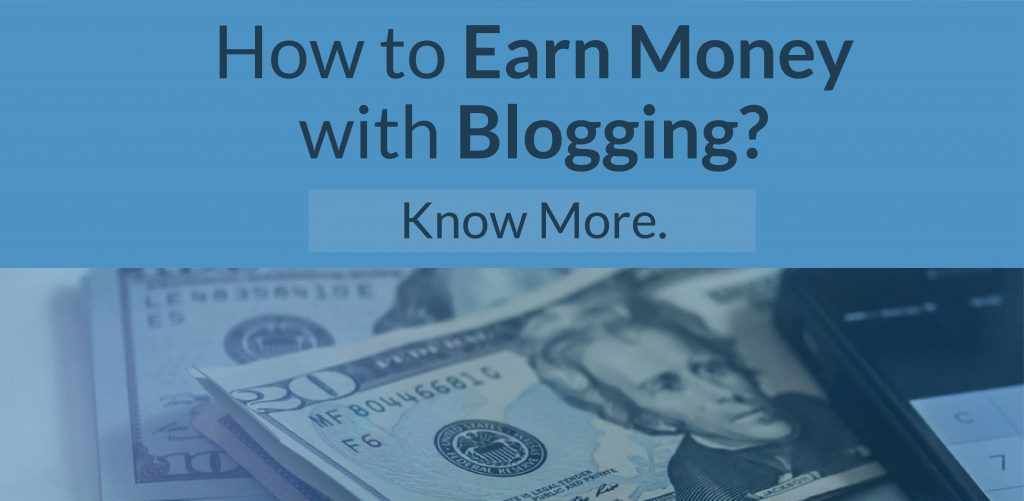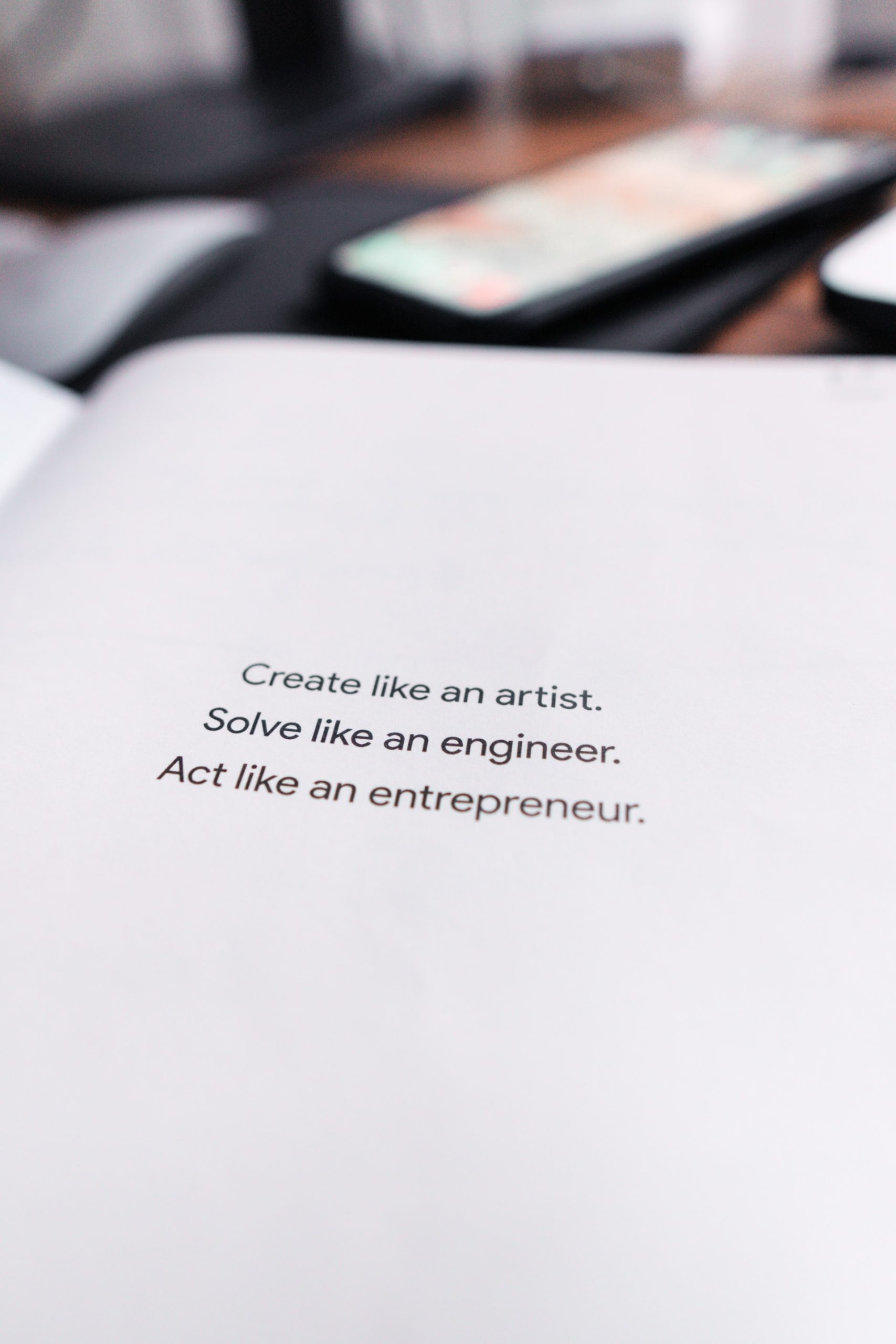
We’ll be straightforward: Blogging isn’t the least demanding approach to earn money online. Yet, interestingly, anybody can do it, and it looks astounding on your CV.
All you need is something fascinating to state and enough persistence and dedication to continue building traffic on your blogs. Let us know how successful bloggers earn their living from blogging? We’ve met two or three them to uncover their monetization insights.
Our guide gives you a solid action plan to get your blog off the ground and develop it into a productive and profitable by working from home.
Beginning with blogging can appear to be somewhat of a minefield, especially if you lack much of the tech learning.
You have two main choices with regards to setting up a blog – you can utilize a free blogging stage, or you can opt for creating your own site. We’ll take you through both, and their advantages and disadvantages, so you can work on the correct choice for you and your blog.
Free Blogging Platform:
Best for Casual bloggers and those not keen on profiting from their blog.
Pros: Super simple to start your blogging with and totally free.
Cons: Limits on customization and uploading of videos and pictures, you frequently can’t place adverts or use links for affiliates, you can’t make a custom URL and the platform holds the privilege to delete your blog at any time.
There are numerous stages which will enable you to liberate up a blog for, and they’re too simple to work on, you need not be tech-savvy. These suit you if you are starting your blogging career casually.
Sometimes, the free blogging platforms provide limited access to the website like, you’ll just have the option to modify to a limited extent, and your blog will have a storage limit which could make it harder to upload or add large recordings and pictures.
Another downside is that the URL to your blog will be something like ‘www.yourblog.wordpress.com’ which would be marketing the platform as well.
Most free blogging stages additionally don’t enable you to put banners for adverts or affiliate links on your blog page, which are essential tools for bloggers to generate income.
However, if you are still looking for such platforms to start blogging, the list of such platforms are given as forth:
WordPress.com – This blogging platform is the first platform that any blogger starts his writings with. It is a free writing platform unless you put up WordPress banners and ads. If you pay a monthly fee, you are not obliged to put ads and banners. There are likewise limited access for expansion and customization.
Blogger – This is Google’s free blogging platform, Blogger, is extremely easy to use. However, customization and designing options are constrained, and there aren’t a great number of choices if you are looking forward to adding new features.
Medium – With Medium, the emphasis is least on designing but, most of the writing part. However, it is used by many of the expert writers, journalists and more like these. It’s an incredible method to share your work to a particular network, community, yet you can’t run any advertisements and it’s hard to do personal branding here.
Create Your Own Website
Best for: Bloggers who are dedicated and those hoping to earn money from their blog.
Pros: Complete authority over designing and customization, your very own custom URL and the liberty to utilize adverts and affiliate links as you like.
Cons: You’ll need to pay – starting from the domain name (URL) that you choose for and after that for hosting.
Are you curious that what if you are not a Tech Savvy, the idea of making your very own site may appear to be very unnerving – yet it’s in reality entirely simple to do, and you can make one in only 20 minutes.
With your own site, you’ll have the option to make Unique Personal Branding (with your very own URL), and there’s no doubt of your blog being erased from that platform – as that is your own website and you are the sole owner of that website.
WordPress provides you ample of templates or ‘themes’ for you to choose from – take as much time as necessary to choose one which suits both your blog and personality.
Settle on something which is clear and straightforward, with space for large pictures and easy-to-read textual styles.


